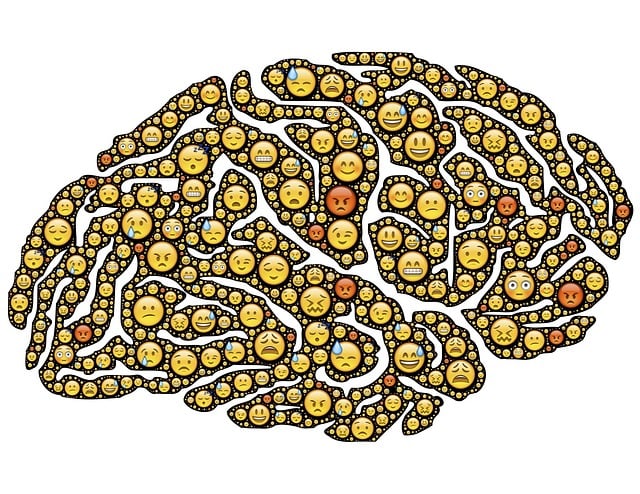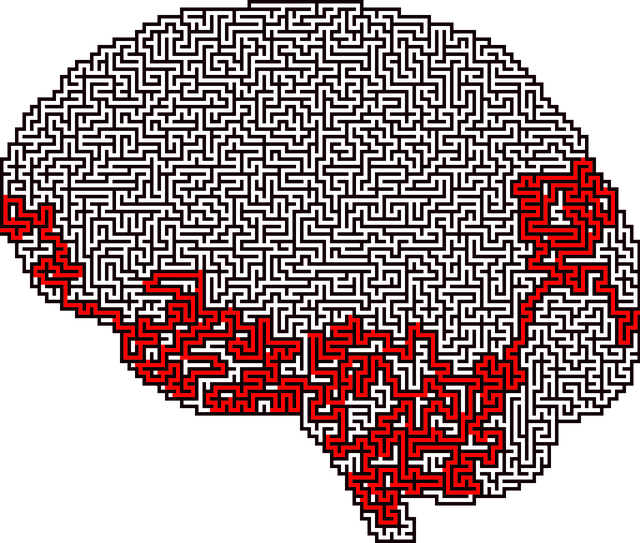Westminster Post-Traumatic Stress Disorder (PTSD) therapy offers effective CBT, exposure therapy, mindfulness meditation and relaxation techniques to manage symptoms like flashbacks, nightmares, anxiety and emotional detachment. Early intervention through mental health education, including social skills training and inner strength development in schools, prevents escalation of PTSD and promotes resilience. A trauma-informed care curriculum should feature diverse teaching methods, emotional well-being promotion techniques, and address the connection between past trauma and current responses, empowering participants to share experiences without judgment. Evaluating Westminster's PTSD therapy requires both quantitative (symptom changes) and qualitative (feedback) measures to understand its holistic impact.
“Uncovering the intricacies of mental health education, this article explores a comprehensive program design focused on addressing Post-Traumatic Stress Disorder (PTSD). With a specific lens on Westminster’s PTSD therapy approach, we delve into the critical aspects of early intervention and its impact. The curriculum design, guided by evidence-based practices, offers a trauma-informed care model. We examine strategies to measure success through evaluation, highlighting methods to assess the program’s effectiveness in managing PTSD symptoms. By integrating these key components, Westminster’s therapy program aims to revolutionize mental health support.”
- Understanding Post-Traumatic Stress Disorder: Symptoms and Impact
- The Importance of Early Intervention in Mental Health Education
- Designing an Effective Curriculum for Trauma-Informed Care
- Integrating Evidence-Based Practices into the Program Framework
- Measuring Success: Evaluation Strategies for Westminster's Therapy Program
Understanding Post-Traumatic Stress Disorder: Symptoms and Impact

Post-Traumatic Stress Disorder (PTSD) is a complex mental health condition that can significantly impact individuals following exposure to traumatic events. Understanding PTSD involves recognizing its symptoms, which manifest both physically and emotionally. These may include flashbacks or vivid memories of the event, nightmares, severe anxiety, avoidance behaviors, irritability, and heightened emotional reactivity. People with PTSD often struggle with concentration, sleep disturbances, and feelings of detachment from reality. The disorder can impair daily functioning and relationships, affecting one’s ability to engage in self-care practices and maintain a sense of emotional stability.
Westminster Post-Traumatic Stress Disorder therapy focuses on helping individuals navigate these challenges. Through therapeutic interventions, such as cognitive behavioral therapy (CBT) and exposure therapy, patients learn coping strategies to manage symptoms. Engaging in mindfulness meditation and other relaxation techniques can aid in the emotional healing processes. By addressing PTSD effectively, individuals can regain control over their lives, improve overall well-being, and develop lasting resilience.
The Importance of Early Intervention in Mental Health Education

Early intervention plays a pivotal role in mental health education, as it can significantly impact an individual’s long-term well-being. By integrating mental health programs into educational settings, we can identify and address emerging issues early on. This is particularly crucial for conditions like Post-Traumatic Stress Disorder (PTSD), which often manifests during adolescence or young adulthood. The Westminster community has the opportunity to implement effective strategies such as Social Skills Training and Inner Strength Development to empower students with coping mechanisms.
These programs not only teach students about mental health but also foster a supportive environment, encouraging open dialogue and self-awareness. Incorporating practices like Mindfulness Meditation can provide valuable tools for stress management and emotional regulation. Early intervention allows us to prevent the escalation of mental health issues and promote healthier, more resilient individuals within our schools and communities.
Designing an Effective Curriculum for Trauma-Informed Care

When designing a curriculum for trauma-informed care, it’s crucial to understand that every individual’s experience with trauma is unique. A comprehensive program should therefore incorporate diverse teaching methods tailored to various learning styles and emotional needs. The goal is to foster an environment where participants feel safe, respected, and empowered to share their stories without fear of judgment. Incorporating Emotional Well-being Promotion Techniques can help facilitate this by encouraging active engagement through group discussions, artistic expressions, and mindfulness exercises that support Emotional Regulation.
The curriculum must address the complex interplay between past traumatic experiences and present-day emotional responses, offering practical strategies for managing Post-Traumatic Stress Disorder (Westminster Post-Traumatic Stress Disorder Therapy). Mental Wellness Coaching Programs Development should focus on building resilience, teaching coping mechanisms, and promoting self-care practices that can help individuals navigate their trauma-related symptoms. By integrating these approaches, the program equips participants with the tools necessary to enhance their mental health and overall quality of life.
Integrating Evidence-Based Practices into the Program Framework

Integrating evidence-based practices is a cornerstone when designing a mental health education program. Utilizing proven approaches like Westminster Post-Traumatic Stress Disorder (PTSD) Therapy ensures that participants receive effective, data-backed strategies for managing their mental well-being. This holistic approach blends various techniques, including cognitive behavioral therapy (CBT), mindfulness practices, and trauma-informed care, to foster a comprehensive learning environment.
The program framework should prioritize interactive sessions focused on self-esteem improvement, communication strategies, and cultivating mind over matter principles. By incorporating these evidence-based components, the education initiative aims to empower individuals with practical tools for coping with stress, anxiety, or other mental health challenges. Through dynamic activities and peer support, participants can develop resilience and strengthen their ability to navigate life’s complexities.
Measuring Success: Evaluation Strategies for Westminster's Therapy Program

Evaluating the success of a mental health education program, such as Westminster’s Post-Traumatic Stress Disorder (PTSD) Therapy initiative, is paramount to understanding its impact and identifying areas for improvement. A comprehensive evaluation strategy should incorporate diverse methods to capture the program’s effectiveness from various angles.
Key performance indicators (KPIs) could include measuring changes in participants’ symptoms of PTSD, anxiety, and burnout before and after the therapy sessions. Standardized questionnaires and surveys can be administered at regular intervals to assess these factors objectively. Additionally, qualitative feedback through interviews or focus groups can provide insights into participants’ personal experiences, perceived benefits, and suggestions for enhancement. This dual approach—quantitative data analysis alongside qualitative exploration—ensures a holistic understanding of the program’s success in alleviating symptoms like Anxiety Relief, fostering resilience against Burnout Prevention, and potentially improving social Skills Training.
Westminster’s comprehensive approach to mental health education, with a specific focus on Post-Traumatic Stress Disorder (PTSD) therapy, emphasizes early intervention and trauma-informed care. By integrating evidence-based practices into the curriculum, the program aims to equip individuals with the knowledge and skills to navigate and overcome mental health challenges effectively. Through careful design and evaluation, Westminster’s therapy program strives to create a supportive environment that fosters healing and positive outcomes for those affected by PTSD.














